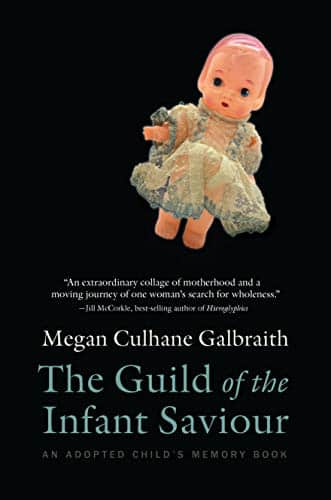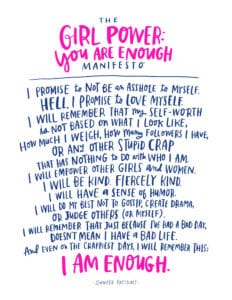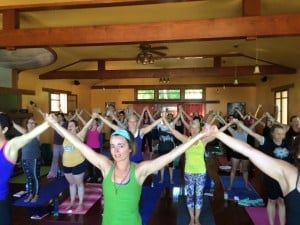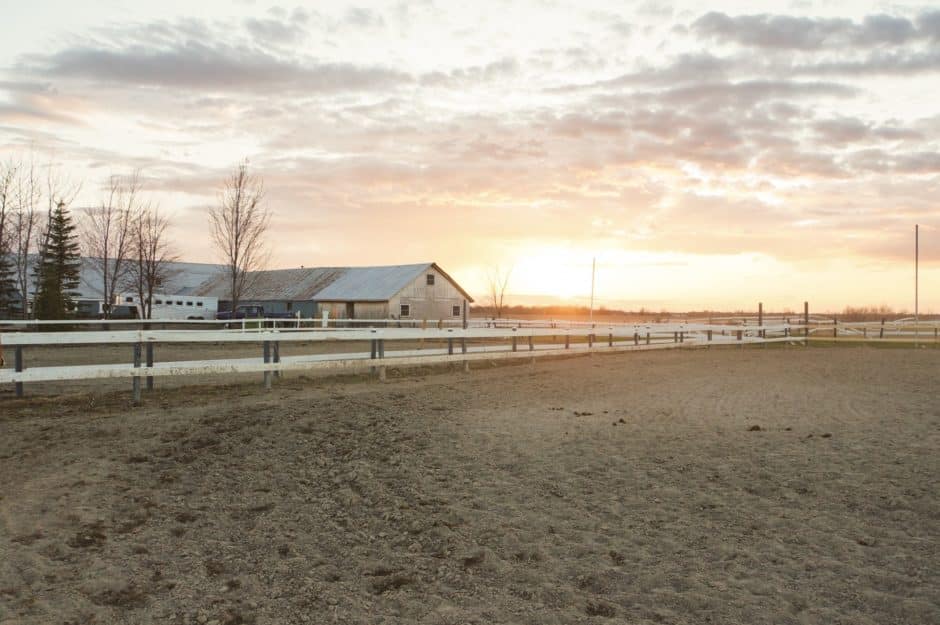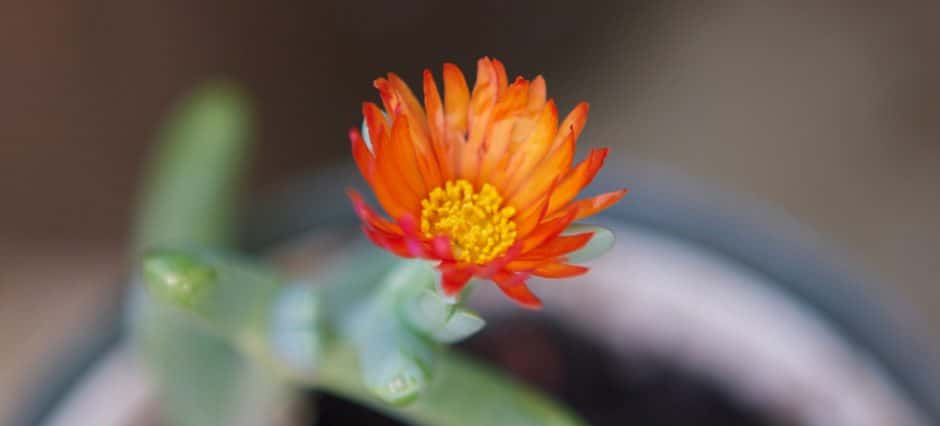By Kate Abbot
The snow began to fall on Tuesday around lunchtime. Sequoia Williams barely noticed it as she sat in the lunchroom of the regional high school. By the time she got off the bus, the snow was deep enough to reach her shins. It squeaked as she walked up the half mile dirt driveway to the farmhouse. It was mid-March and the days were getting longer. The cows had been out to pasture for several weeks, rooting around in hopes of a sprig of spring growth.
Her older brother, Dale, was chopping wood. Dale was a two time drop out, once from high school and then from the regional GED program. Sequoia tried to stay clear of Dale; he had a hair-trigger temper and it was worse when he was drinking or popping the pills he thought she didn’t know about.
“Where’s Pa?” Sequoia stomped the snow from her boots and shook the flakes out of her hair. Ma was chopping carrots and potatoes.
“He went into town, to meet with the man from Wells Fargo.”
Sequoia wasn’t supposed to know that the bank was on the verge of taking the farm from them, the 600 acres that had been in her mother’s family for at least three generations.
“I’ll see to the milking, Ma.”
Sequoia shrugged her parka back on and trudged out to the barn. The snow was falling harder now, wet and heavy. She was out of breath by the time she had rounded up the eight milking cows. The milking machines made a steady whooshing noise and the cows crunched on their feed. Next, she checked the henhouse, made sure that it was locked tight against the marauding foxes and that there was plenty of fresh water.
Ma joined her, tossing the vegetable scraps and day old bread to the pigs in their pen. Together, they mucked out the stall that contained two draft horses who were mostly pets but could still be counted on to pull the plow if the tractor was on the fritz or Pa couldn’t afford gas.
What little light that should have been in the western sky at five thirty in the evening was missing. The snow was knee deep and still falling. Dale barely acknowledged the two women at the supper table, slurping loudly at his beef stew and then belching as he guzzled a beer. He disappeared into his basement room without even clearing his plate from the table.
“Like father, like son,” Sequoia thought to herself. She said nothing of the sort to Ma, instead shooing her into the family room to fall asleep in front of the television.
Sequoia cleaned up the supper mess and then climbed the stairs to her room on the third floor of the farmhouse. The sheepdog mix followed her, whining anxiously.
“What’s wrong, old girl?”
Patches put her paws up on the windowsill and peered out into the darkness.
“It’s just a late winter snow. It’ll be melted by tomorrow afternoon.”
But the next morning, it was still snowing. Three feet at least. Sequoia slogged through the stuff on the way to help Ma with the morning milking.
“Let’s leave them in the barn, Sequoia. Nothing for them to do outside today.”
“I’m going to bring the hens inside. The coop is getting full of snow.”
Sequoia stood at the head of the driveway, contemplating the half mile walk to the bus stop. The snow was pristine, which meant that Pa had not returned home. That was certainly not unprecedented but she had hoped to walk in the snow pack created by his truck tires. The day was yellow-grey, not sunlight but not darkness. The snowfall was no longer wet and heavy. The wind stung the fine powder against her cheeks. She turned back to the farmhouse. She heard a snow-mobile approaching.
Great, Henry. He was just as much of a loser as her brother. Sequoia stayed out of his way as much as she could. He leered at her whenever he got the chance and once, in the kitchen, he had copped a feel. He laughed uproariously when she slapped his face so hard that her palm stung for an hour.
“Phone’s out.” Ma looked worried, hands on her hips as she surveyed the white landscape from the porch. Together they watched as the snowmobiles disappeared into the whiteness. Ma shook her head and went back inside to knead bread.
“Don’t worry, Ma. The snow will stop soon and the phone’ll come back on. I’m sure Pa is holed up in town, trying to call us.”
The words sounded hollow to Sequoia. She wondered if her Ma felt the same strange despair that had begun to weigh upon the farmhouse. She spend the morning studying for a history test and then the afternoon on her English term paper. By evening milking the snow was up to her chest. Ma had dug a path with the shovel and the snow blower from the house to the barn. It was full dark when the chores were done. The women had to use the rope that was strung from the house to the barn to feel their way back to the house. Sequoia never recalled having used the rope before and she barely remembered her grandfather telling about how it had saved them getting lost going out to the barn to care for the animals in the blizzard of ’67.
The power went out sometime during the night. Ma fired up the woodstove in the kitchen and started the fireplace in the living room. Patches paced around, whining intermittently. Sequoia tried to outpace the snow and keep the path to the barn relatively clear but the snow blower had given up the ghost. There was no sign of Dale or Pa.
That night, Sequoia brought a basket of eggs in from the barn and restocked their vegetables from the root cellar. Ma went to sleep on the couch in the family room right after dinner. The snow completely blocked the front door and was past the second story windows. From her third story bedroom, Sequoia could barely make out the outline of the full moon. She awoke to Patches barking frantically and then, a terrible crashing noise. The farmhouse roof was sloped enough to keep the snow from building up but the porch next to the family room was a different story. The roof had collapsed from the weight of the snow, taking out the exterior wall.
Sobbing, Sequoia tried for several hours to dig through snow, shards of glass and bits of insulation to reach Ma, who was trapped beneath several thousand pounds of snow and building debris. Her hands were bloody, her face raw and chapped, when she was finally able to grip one of Ma’s hands. The fingers were waxy and stiff in hers. The chimney had partially collapsed and snow was blowing into the family room. Sequoia sank to her knees on the kitchen floor. Patches licked anxiously at her cheeks.
Finally, with great effort, Sequoia hauled the contents of the refrigerator, the dog food and all the flashlight batteries she could find out to the barn. On the last trip, she could barely get the barn door open. The snow was well past the eaves. She climbed up into the hayloft, exhausted. Patches curled up beside her under some old horse blankets. When the barn cats emerged, Patches only opened one eye and sighed as the felines nestled alongside Sequoia.
The lowing of the cows asking to be milked awoke her. Halfway through the milking cycle, the back-up generator that had kept the milking machines going ground to a halt. Sequoia finished the milking by hand. The milking machine, like the milk and grain silos, were remnants of when the farm had been profitable. The herd had once been over 100 and the harvest bountiful.
Sequoia went out through the door that led from the barn directly into the shed connected to the grain silo. The shed roof groaned and Sequoia shuddered. There was a faint daylight coming in through the top of the silo. She stared upwards and then started the long climb up the ladder to the roof. The silo was topped with a dome. Fresh air came in through spaces in the cinderblock walls and under the dome.
She was about ten feet up the ladder that wound around the inside of the silo when she nearly tripped. She put her hands out to grab the ladder and touched wood. Cautiously, she crawled up onto what appeared to be a platform. The platform, when she fished her flashlight out of her jacket pocket, held what could only be described as a fort. Someone, it had to have been Dale, had hauled a couch and a table up onto a platform of rough boards. Beer cans and cigar ashes were scattered about. There was even a television and a small refrigerator, both of which were, of course, utterly useless in present conditions.
She continued her climb. When she reached the top of the silo, some 100 feet off the ground, she could see outside. It had been snowing for five days. All she could see of the farmhouse was the third story. She wondered briefly if she would ever set foot in her bedroom again. The barn below was rapidly disappearing into the snow; only the loft area was still exposed but the snow was drifting quickly.
She looked east, towards town. She thought she saw some smoke in the distance but she couldn’t be sure. To the west, nothing but white. It was so quiet, no birds, no engines, no tractors. No planes in the sky. She imagined that she was the last person on earth. The sound of one of the horses neighing jolted her back to the present.
For the next few hours, Sequoia hauled whatever she could from the root cellar and the grain shed into the silo. Each trip she took back into the barn she knew could be the last. She was pretty sure that the air in the barn would soon be unhealthy. Every crevice was blocked by tons of snow.
First she brought the horses into the silo. They balked but Patches nipped at their heels. The cows came next, more complacent. She was worried that the pigs might go after the chickens so she brought several of the laying hens up onto her platform. She was about to return to the barn one final time, to grab a few more feed buckets and tools, when the barn cats came racing through the shed, Patches barking wildly behind them. Sequoia reached for the dog, worried that she might tangle with the cats and their sharp claws. Her fingers brushed the nape of the sheepdog’s neck and then she heard a muffled explosion. The shed had crumbled under the weight of the snow.
She shut the door, sealing herself and her charges into the silo. When she looked out of the dome the next morning, the barn had disappeared. She couldn’t tell how far up the side of the silo the snow reached. It was all just so white.
And for the immediate future, if it were not for the cows asking to be milked, twice a day, at dawn and dusk, Sequoia would not have known day from night. Years later, when she thought back on the time in the silo, she realized that keeping the animals alive had kept Sequoia from losing her mind.
There was milk and eggs and vegetables. The animals had grain and feed. There was bedding. She rationed everything. Water came from the snow she scooped out the back door where the shed had once been. She was always cold, but not freezing. She imagined that the warm air from the animals rose up to her perch where she huddled with Patches under horse blankets. For the first few days, she cried herself to sleep. She thought of Ma and her friends from school. She wondered if Pa or Dale, or anyone, were alive. After a while, she got tired of thinking.
And then came the morning when the light woke her before the cows. She peered out from under the silo dome. The sunlight was blinding and the sky was as blue as she’d ever seen it. Below her, a rooster, one of the chicks that had hatched a few months earlier, began to crow. She was afraid, when night came, that the snow and the dark would return but the sun was even brighter the next day. Water dripped into the silo and moisture beaded on the concrete walls. On the third day of sun, when she opened the door to retrieve snow for the water buckets, ice water gushed into the silo. She closed the door quickly. Water was leaking into the silo from the spaces between the concrete blocks.
As she sat on her perch, warm enough now to strip down to her t-shirt, a terrible thought occurred to her. Had she and her charges survived the snow only to drown in the silo that had been their refuge? Where would all the snow melt go? The farmland that surrounded them was flat as far as the eye could see. There were creeks but not nearly deep enough to carry away all the water. Her grandfather had talked about a big flood many years before Sequoia was born, when the center of town was six feet under water. Supposedly, a better drainage system had been put in place as a result.
With the sunlight and the change in temperature, the air inside the silo had become rank. The animals were covered in their own filth. Several of the pigs appeared sick and two of the chickens died. Sequoia tried to clean up after the animals, painstakingly hauling bucket after bucket of manure up to the top of the silo and dumping it out. The morning she threw the chickens out of the silo, she heard the shriek of a vulture. Bits and pieces of the wreckage of the barn and the farmhouse began to emerge. The oak trees that surrounded the house were battered but still standing. It was hard to tell from the top of the silo how deep the snow was, or if there was standing water on top of the snow.
And then, it started to rain one afternoon. At first, a pitter patter and then a deluge. The next morning, the rain had stopped and the landscape had become an ocean. Bits of wood and trees floated by, some thirty feet below her prison gable. She saw three tractors and a car the first morning, as well as the bloated carcasses of several cows. Later that afternoon, she saw something coming from the west. She squinted into the setting sun. As it got closer, she could see that it was a homemade raft, fashioned out of sheet metal and pieces of wood.
“Hey!” She called out, voice crackling with tension. The figure standing in the middle of the raft looked up at the silo.
“Is there someone up there?” Sequoia couldn’t tell if the voice was male or female.
“Yes!”
Sequoia wanted to bite back her response. The base of her spine tingled with nervousness.
The raft came closer to the silo. It was a young man with a small dog at his side. The dog began to bark and Patches responded from deep inside the silo. The man on the raft laughed, or at least it sounded like a laugh.
The man paddled around the silo, making a full circle. Sequoia thought he had disappeared, or maybe that he had been a mirage.
“Water’s up above the door by about five feet,” he called up to her.
One of the horses whinnied.
“What do you have in there with you? Are you by yourself?”
Sequoia hesitated, perhaps he meant them ill. He must have sensed her unease.
“It’s all right. I’m sure you haven’t seen anyone in a long time. My name is Salvador. I live in Omaha, at least I used to.”
Rather than answer his question, she asked if he was hungry.
She tossed down some carrots and a few potatoes. Salvador shared them with his dog, which Sequoia thought was a positive sign.
With that the raft receded in the distance. The hope that Sequoia had felt soon turned to despair. Days passed. She became convinced she’d imagined the man, that she was so starved from lack of human interaction that her mind had created another person.
One of the pigs died but it was too heavy to haul up the ladder. Their water supply dwindled and she was afraid to open the door lest the silo be flooded. She managed to get a small bucket on a rope under one of the narrow openings in the cinderblock to collect some water.
Some days after the man appeared on the raft she saw the water had gone down a bit more. There was no more rain. She could see patches of earth under the water. It was mid-afternoon when she began to hear what sounded like hammering. Then she saw Salvador towing several large pieces of wood. Then some sheet metal. He must have gotten it from the collapsed barn. Her heart pounded in her chest. She clutched a hayfork in her trembling hands. At her feet, the dog whined nervously.
“Hello there! I am going to see if we can get you out of there.”
The raft disappeared behind the silo. Sequoia watched the water, which now seemed to be streaming around the silo, moving more rapidly than before towards the road and fields beyond where the farmhouse had stood. As the summer, it must have been summer by then, light faded from the sky, a knock came upon the door to what had been the shed.
Sequoia opened the door very gingerly; the barn cats streaked past her. She looked back into the silo. The horses and cows were pushing towards her, frantic to get outside. She stood to the side, behind the door. The pigs and chickens were next.
Sequoia fought the urge to slam and lock the door. She was seized with terror. Was she afraid of Salvador or was she afraid of leaving all that remained of her past, the few traces of the farm that were left in the silo? What if he stole her animals?
“Are you coming out?”
A fresh breeze wafted in the open door. She stepped outside to the first fresh air she’d breathed in months. The pitchfork was firm in her hands.
Kate Abbott has written three novels: Running Through the Wormhole (Black Rose Writing 2015), What She Knew (Black Rose Writing 2019) and Asana of Malevolence (Mascot Books 2016). Her work has also appeared in Mamalode, Screamin Mamas, Sammiches and Psych Meds, The Good Mother Project, the Ottawa House, Manifest Station, Persephone’s Daughters, and Kudzu House. She lives in Fairfax, Virginia and Fenwick Island, Delaware. Mom to three grown (almost) sons, she shares her life with rescue animals of all sorts.
***
Writing Cohort Opportunity
Circe is offering: Crucible – A Year-Long Writing Cohort
Let by Gina Frangello and Emily Black, this cohort is designed for writers seeking to spend a year deeply immersed in writing or revising a book length work.
Email info@circeconsulting.net for more information
***



